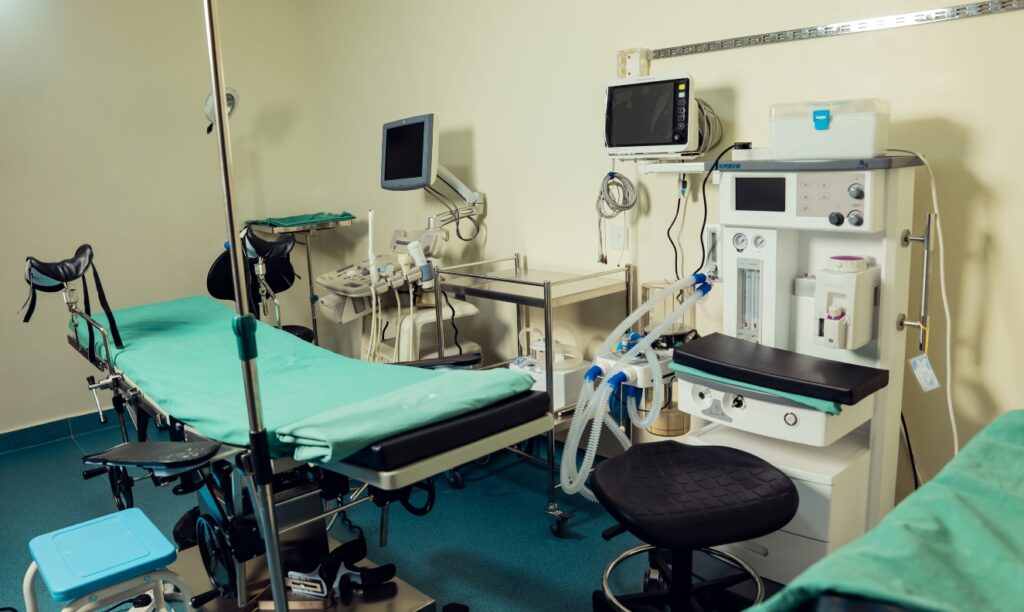How we can help
There are many causes of infertility and some can be treated surgically to increase the chances for conception.

Surgical intervention plays a vital role in treating certain congenital disorders in children, including diaphragmatic hernia, intestinal atresia, Hirschsprung’s disease, and esophageal atresia. In adults, surgical procedures can address infertility issues caused by structural or functional abnormalities in the reproductive system.
Both men and women may benefit from tailored surgical treatments to improve conception chances. These procedures are carefully designed to optimize reproductive health and correct critical structural problems. Overall, surgical intervention provides targeted solutions for conditions that cannot be managed through medication alone.
The effectiveness depends on the underlying condition. For example, removing fibroids or treating endometriosis may significantly improve pregnancy chances, while repairing varicoceles can enhance sperm quality. Surgery is often most effective when combined with assisted reproductive techniques such as IVF or ICSI.
Surgery is recommended when tests reveal physical barriers to conception, such as blocked or damaged fallopian tubes, uterine abnormalities, endometrial polyps, or severe male reproductive issues. It is also considered when less invasive treatments have not been successful.
As with any surgery, there are risks such as infection, bleeding, or damage to surrounding tissues. However, when performed by skilled fertility surgeons, these risks are low. Patients are carefully evaluated before surgery to ensure the procedure is safe and beneficial.